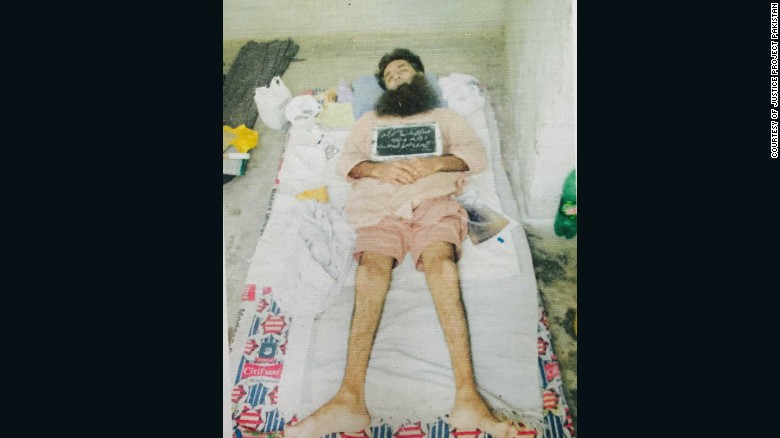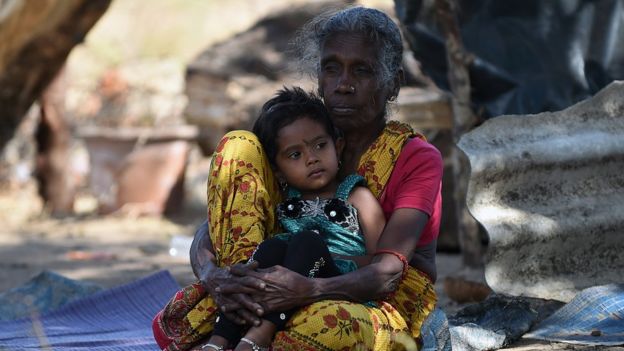By Christine Khamis
Impunity Watch Reporter, Asia
KATHMANDU, Nepal –
Nepal began rationing fuel on Monday due to concerns about an impending fuel shortage. A fuel shortage appears likely due to disruption at checkpoints on the Nepal-India border caused by ongoing protests over Nepal’s new constitution. India, from which Nepal imports all of its fuel, has decreased its export of petroleum into Nepal.
State-owned oil company Nepal Oil Corporation, which handles all imports and sales of petroleum in Nepal, has requested that consumers curtail their petroleum usage and only use petroleum when absolutely necessary. The company has also started to ration all fuel and has set guidelines for fixed fuel quotas for different types of vehicles. A spokesman for Nepal Oil Corporation, Deepak Baral, has stated that Nepal will run out of fuel within the next 10 days.

Border checkpoint officials in Nepal state that Indian custom officials have prevented trucks carrying petroleum from entering Nepal for several days. Protestors have been staging sit-ins at border checkpoints. A spokesman for the Indian Embassy in Kathmandu, Abhay Kumar, has stated that truck drivers are afraid to enter Nepal due to security concerns.
Nepalese officials accuse India of imposing an economic blockade because of India’s disagreement with Nepal’s ratification of its new constitution. Vikas Swarup, the spokesman for India’s Foreign Ministry, denies that there is any type of blockade. A statement on the Foreign Ministry’s website on September 25 said that “the reported obstructions are due to unrest, protests, and demonstrations on the Nepalese side, by sections of their population.”
On September 20, Nepal instituted a new constitution which has been the source of mass protests. The protests have resulted in over 40 deaths so far. India criticized Nepal’s leadership for enacting the new constitution despite the ongoing protests. Nepal did not address India’s concerns regarding the new constitution.
The new constitution was meant to promote unity and stability in Nepal, but the redistricting of Nepal into seven separate provinces has angered many. Nepal’s ethnic minority groups, the Tharus and Madhesi, believe that they will receive unequal rights and unequal government representation under the new constitution.
Nepal was ravaged by earthquakes earlier this year, and land supply routes to China, another of Nepal’s trade partners, were destroyed. Consequently, Nepal has been increasingly dependent on India for imported goods since the earthquakes.
For more information, please see:
Time – Nepal Rations Fuel Amid Worsening Political Crisis and Alleged Indian Blockade – 29 September 29, 2015
Wall Street Journal – Nepal Rations Fuel Amid Concerns of Shortage – 29 September 2015
The Himalayan Times – Nepal Oil Corporation Enforces Rationing of Fuel – 27 September 2015
New York Times – Nepal Rations Fuel as Political Crisis With India Worsens – 28 September 2015
Reuters – Update 1: Nepal Considers Fuel Rationing as Protestors Block Trucks – 26 September 2015


